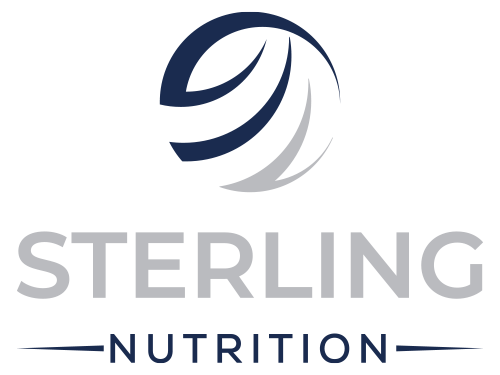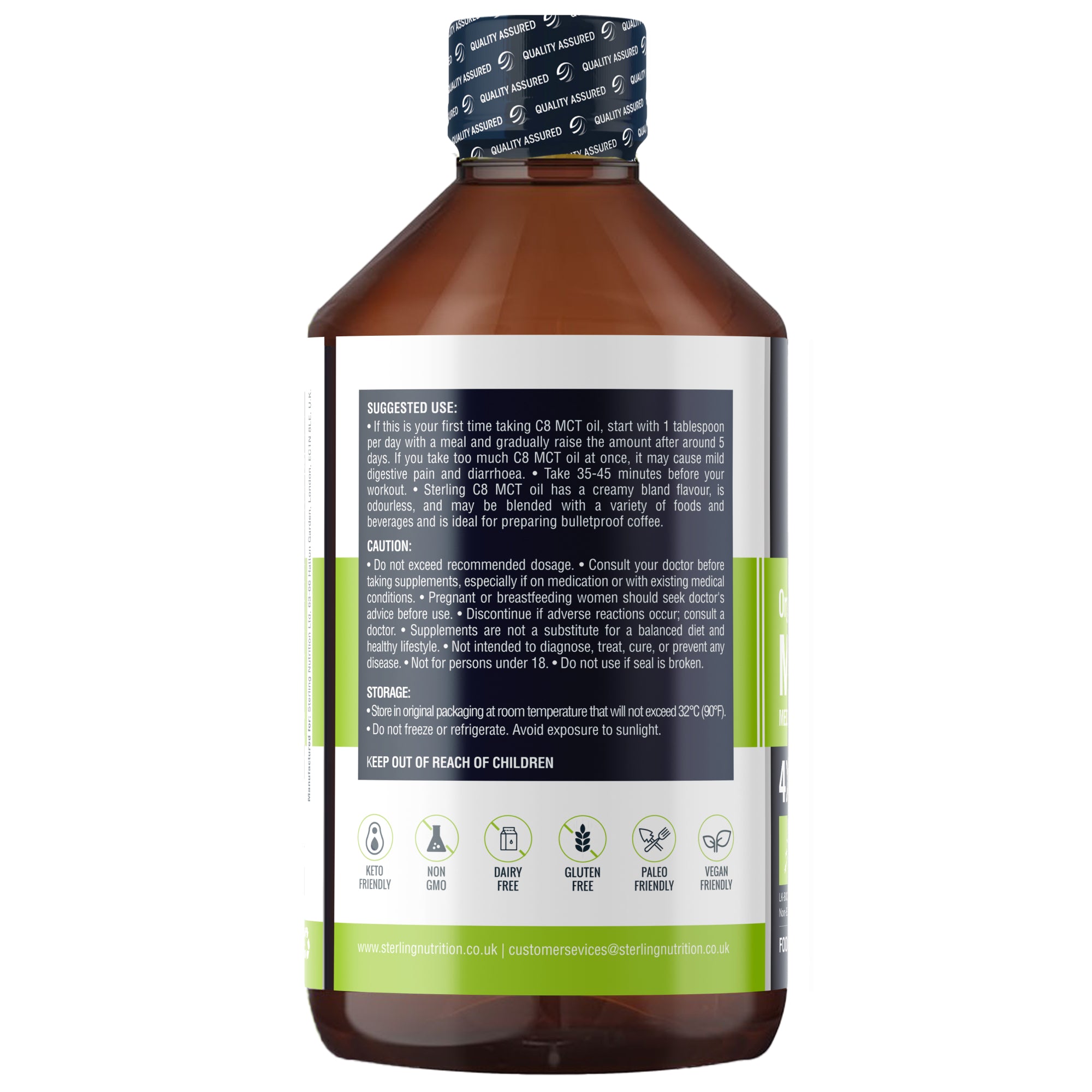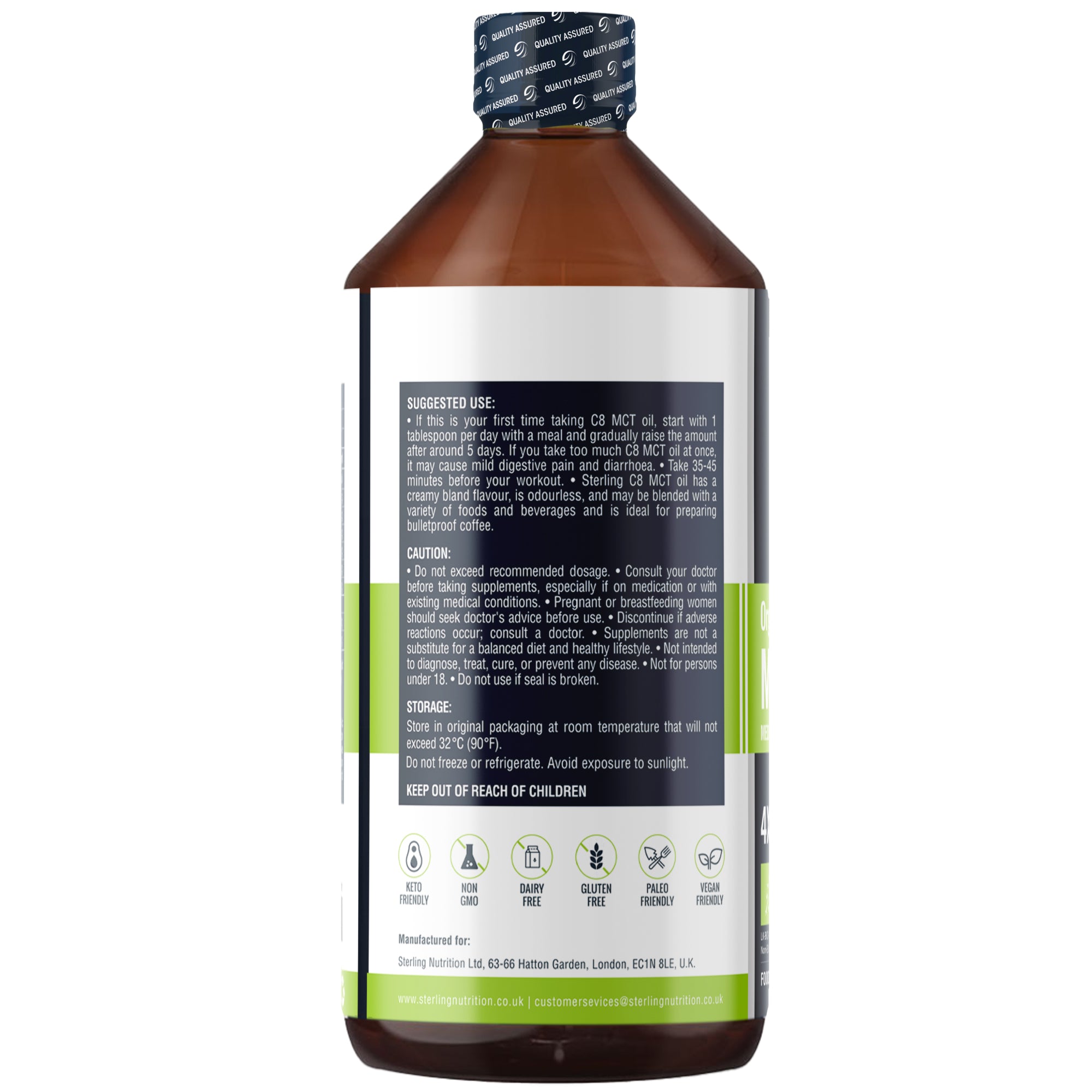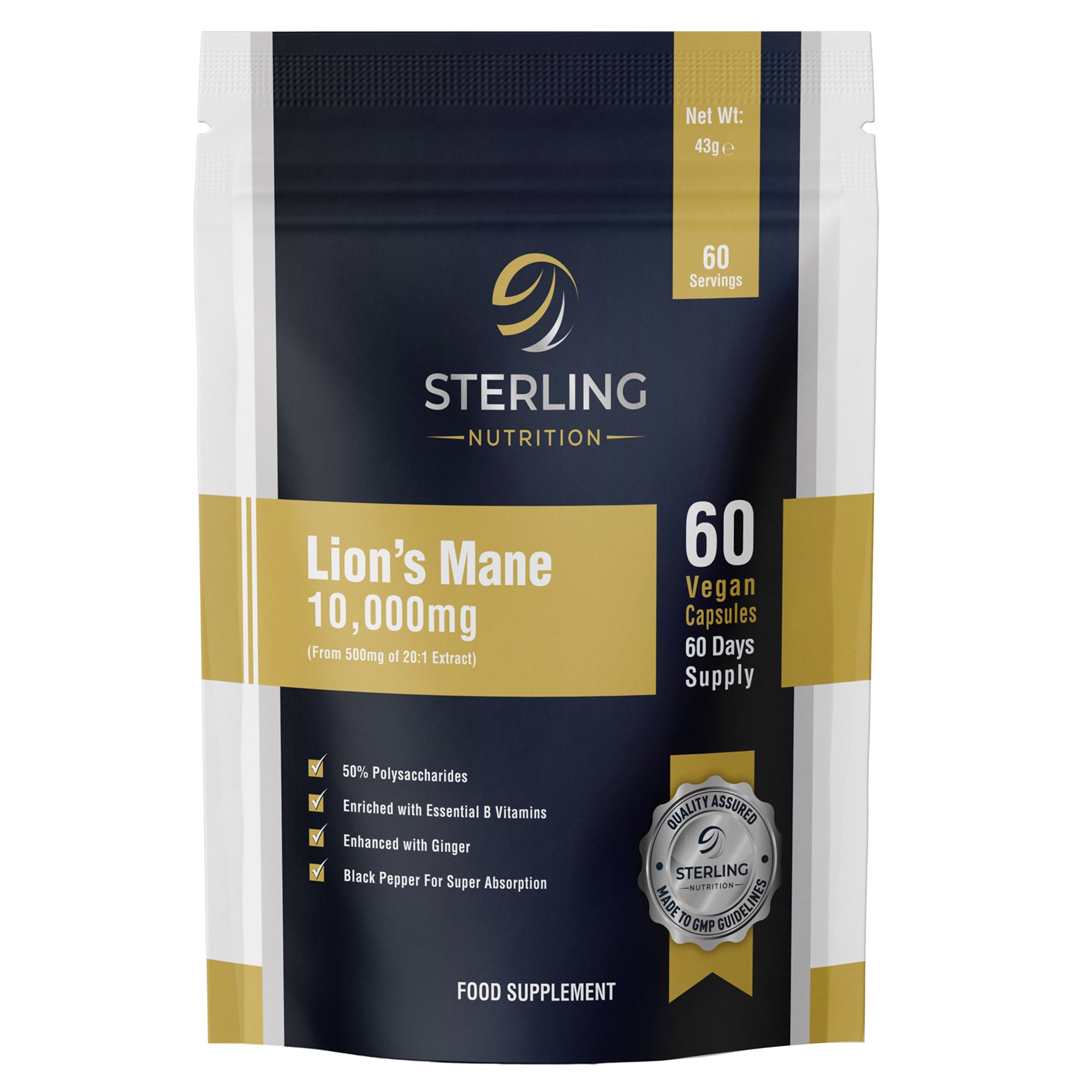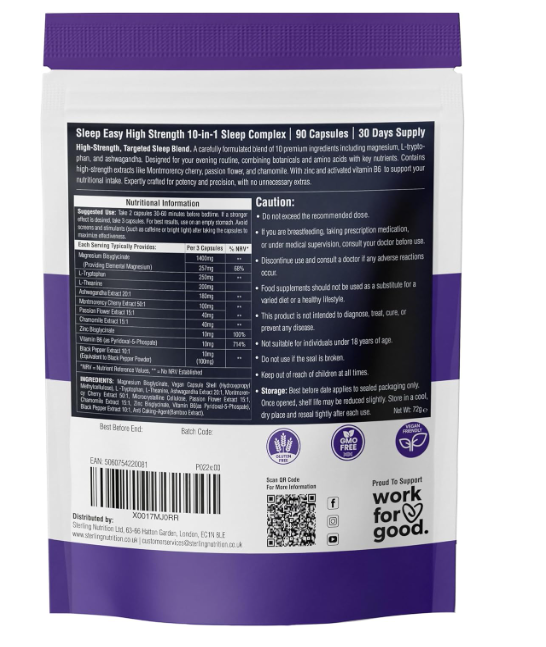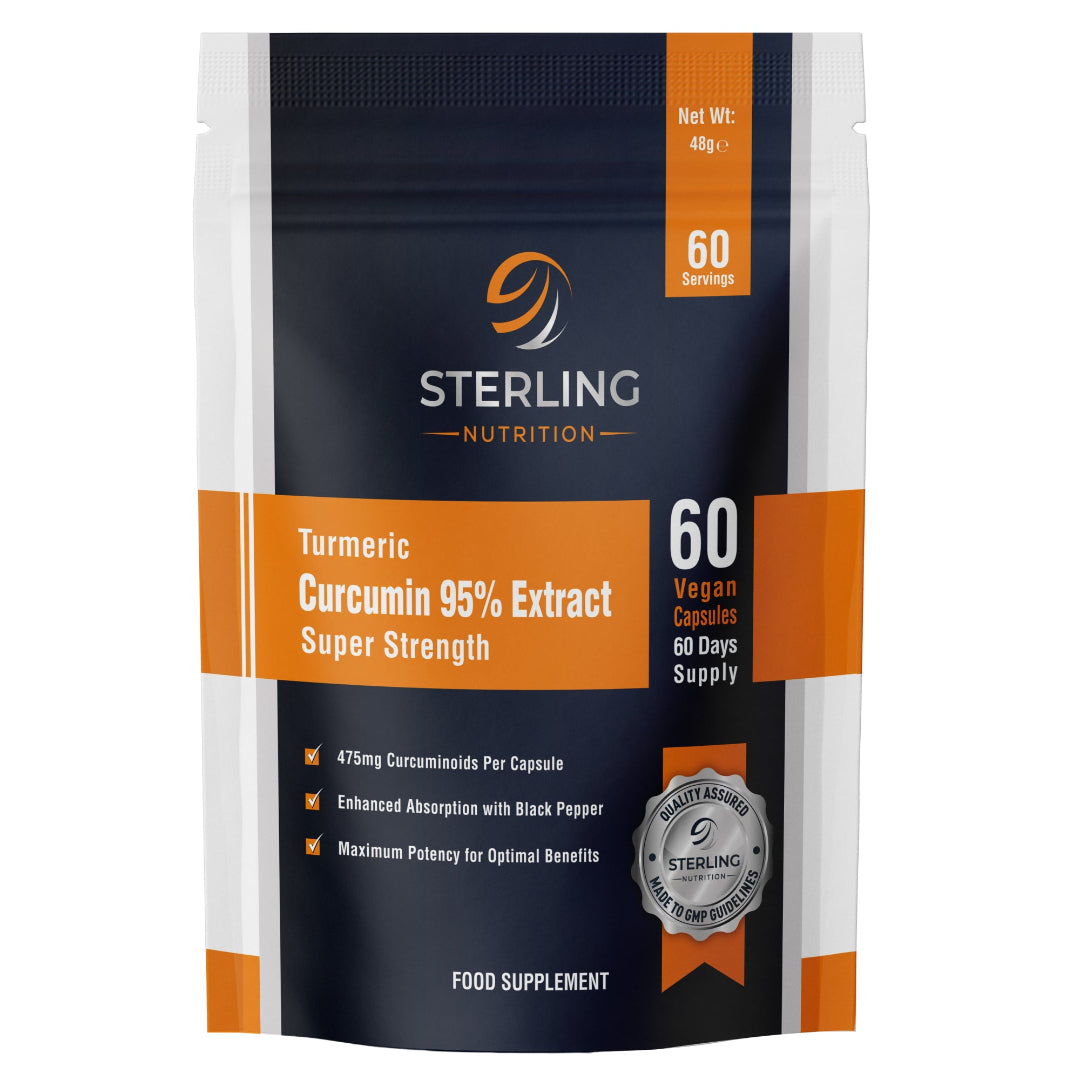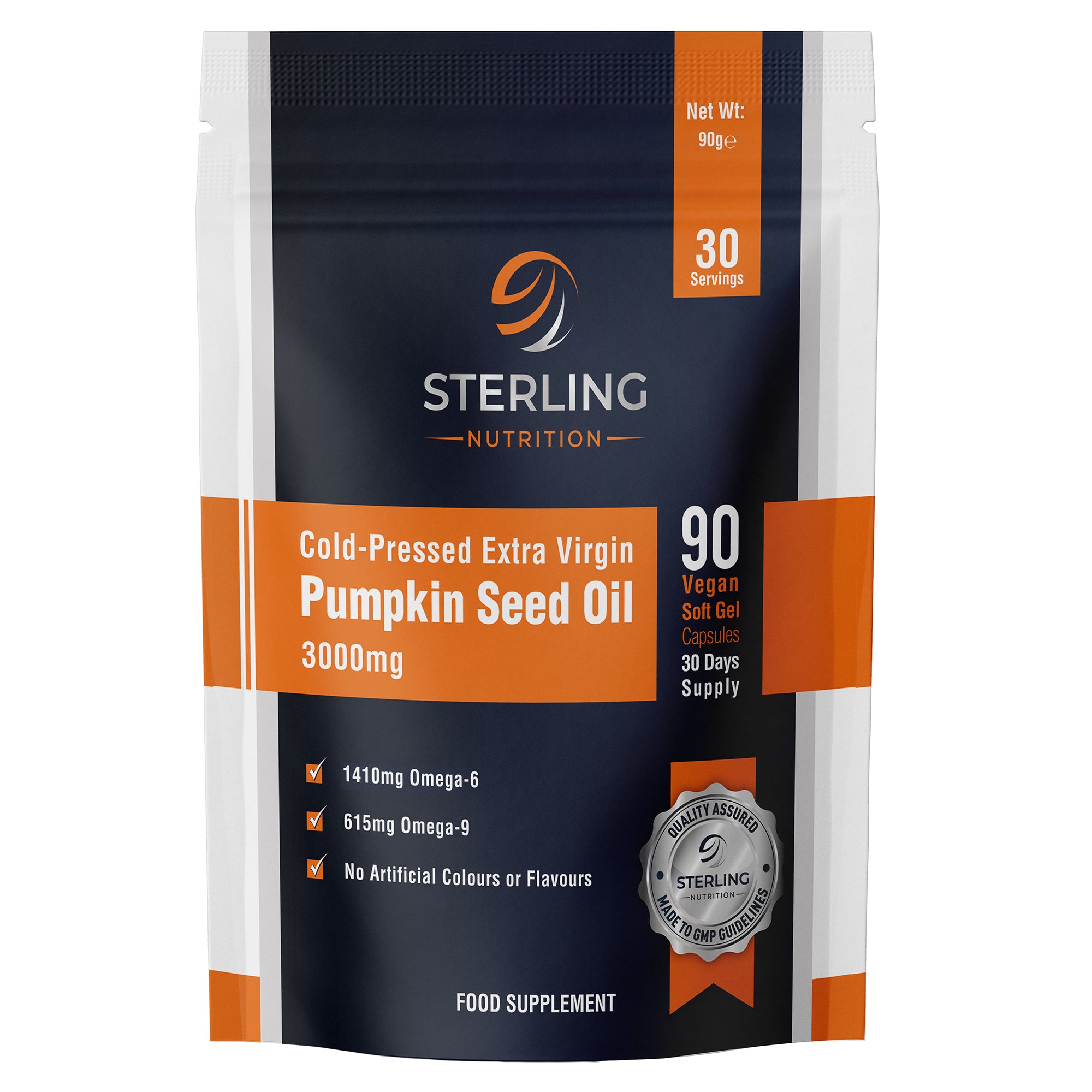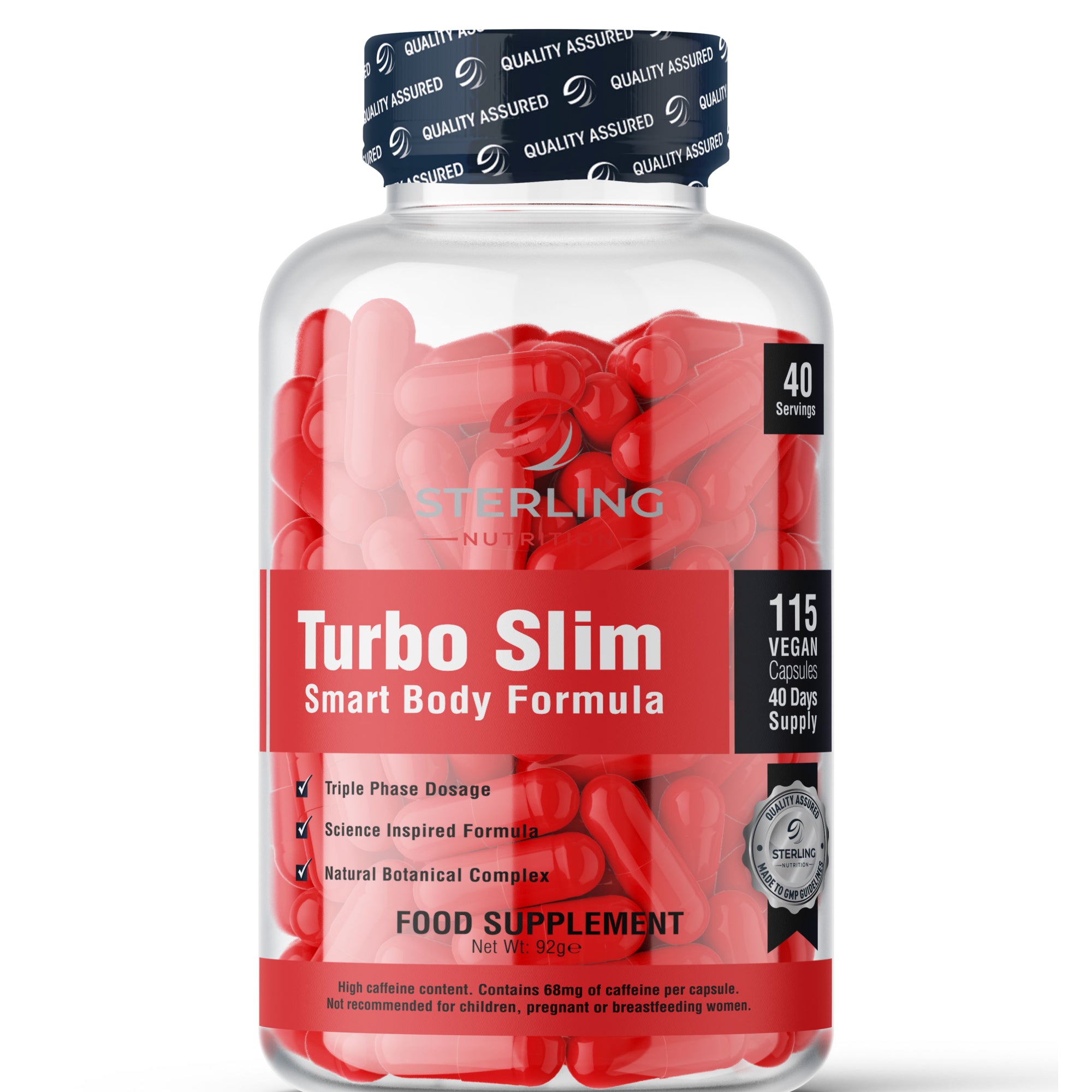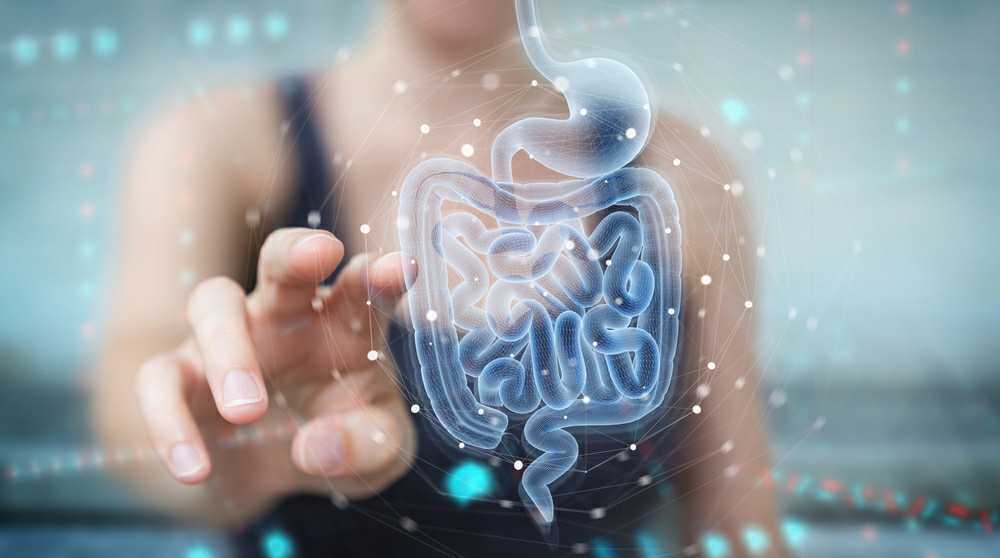
Signs Of Bowel Disease – How To Treat?

The intestine is not only an organ that performs the function of digestion and excretion but also an essential link in the processing, absorption of essential nutrients into the blood.
The appearance of aching, stabbing or cutting pain in the intestine serves as the first signal of pathology development, accompanied by inflammatory changes of a viral, infectious or fungal nature and digestive disorders.

Bowel diseases are not always detected at an early stage, and the variability of signs complicates the diagnosis of a specific disease.
Why Do Bowel Diseases Appear
The intestine includes two main divisions: the small intestine and the large intestine. The small intestine performs the primary processing of food; from there, it enters the large intestine, from where the bulk of the nutrients is absorbed into the blood. The intestine performs continuous work throughout the day, breaking down food into segments, sending nutrients into the bloodstream and removing toxins. For healthy bowel function, proper care is required.
Diseases of the gastrointestinal tract appear due to the negative impact of external factors on the body. In some cases, they develop against the background of an inflammatory process or the ingress of bacteria and viruses into the body. Often intestinal pathologies develop due to:
. Improper nutrition;
. Disorders of the immune system;
. Non-compliance with hygiene standards;
. The presence of concomitant diseases;
. Prolonged stress;
. Genetic predisposition;
. Sedentary lifestyle;
. Alcohol abuse;
. Long-term use of antibiotics or hormones.
Also, systemic diseases can appear due to heredity and chronic diseases. Disorders are equally common in men and women. In this case, the gender and age group of a person is absolutely not important.
To prevent the development of chronic diseases, it is necessary to take care of the intestines from an early age.
The Main Symptoms Of Diseases
The clinical manifestations of intestinal diseases are diverse. Due to the similarity of signs, it is almost impossible to independently diagnose systemic bowel diseases.

Most people, feeling unpleasant sensations in the stomach, are in no hurry for treatment and endure pain without thinking about the severity of the consequences.
The following are some symptoms of bowel disease that can be easily treated if diagnosed early:
1. Diarrhoea
It usually develops against the background of poisoning, although it can accompany other diseases. Diarrhea is characterized by:
. Frequent urge to go to the toilet (3-4 times a day)
. Liquid, not compressed feces
. Urge to use the toilet during meals or immediately after
. The presence of undigested products in the feces
. The presence of foam in the stool.
If intestinal inflammation is not treated, traces of blood or mucus will be observed in the liquid stool. This indicates a systemic bowel disease. The body cannot cope with such a pathology on its own.
2. Abdominal Pain
This is the main signal indicating a violation of the gastrointestinal tract. Pain can vary by location, severity, and general nature. So, for example, pulling pain indicates an intestinal disorder and the absence of mechanical damage. Aching pain speaks of damage to the rectum. Acute pain occurs due to spasms.
Even though all intestinal diseases are accompanied by constant pain, in some cases, it may be due to the following reasons:
. The ingress of nutrients into the intestinal tract
. Lack of fluid
. Urge to defecate
. Flatulence
. Emptying the intestines.

With dull, excruciating pain that passes after using the toilet, colon disorders are diagnosed. Usually, this condition is characterized by bloating and a feeling of fullness. With the defeat of the colon, the pain intensifies as soon as gas production is activated.
3. Constipation
This symptom is ambiguous. Most often, it appears first. Constipation can occur in a person with a healthy intestine. Most often, constipation occurs due to:
. Unbalanced diet
. Sedentary lifestyle
. Disorders in the nervous system
. Taking strong medications, where constipation is considered one of the side effects
If constipation appears as a result of an intestinal disease, it is accompanied by pain, insomnia, and increased gas production.
4. Metabolic Disease
Chronic diseases are painless. The body has compensated for the pain and works in partial strength, due to which nutrients are not absorbed. Metabolic disorders are characterized by:
- the appearance of cracks in the corners of the mouth, which do not heal for a long time;
- dryness, pallor and yellowness of the skin;
- dark circles under the eyes, even with proper rest;
- internal haemorrhages;
- rapid weight loss;
- lethargy throughout the day;
- violation of menstruation;
- problems with potency;
- anaemia.
How To Treat Bowel Diseases
Constipation, bloating, diarrhoea, and gassiness are common problems. There are many causes for them, but the most common is a result of poor bowel health. If not treated, they can lead to serious bowl diseases later. Proper nutrition is the first step to improvement. Food can change our microbiome in just 24 hours. But to feed the good bacteria and reduce the bad bacteria, you may need some supplements like Bio Cultural Complex.
Sterling Nutrition Bio-Complex Formula is a powerhouse blend of 15 different strains that work harmoniously together. Each probiotic in our supplement is used to keep your digestive system and bowel health by providing your bowel more “good bacteria” to balance out the “bad bacteria”.
Highly potent with 45 billion CFUs of viable good bacteria is available in each serving. Some key features of Sterling Nutrition Bio- Cultures Complex Formula are:
. 5 Active Probiotic Strains
. 100% More Capsules Than Other Brands (90 capsules, 45 days serving)
. VeganCapsule
. Provides One Billion Viable Organisms Per Capsule
. GMO-free
So, use these supplements and have a healthy stomach and bowel.
Must Read:- CYCLICAL KETO DIET: A COMPLETE GUIDE?
